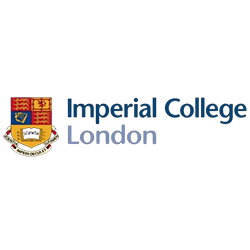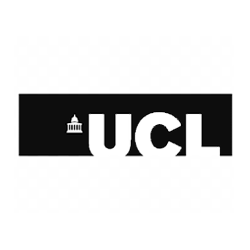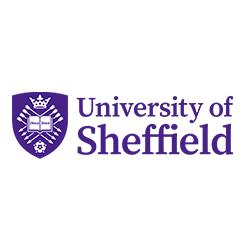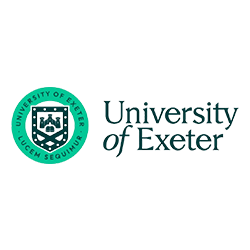Mathematics
A postgraduate mathematics degree allows students to advance their knowledge of mathematical theory, methods, and applications, while developing the analytical and problem-solving skills required to tackle complex challenges across diverse fields. It provides a rigorous academic foundation while offering opportunities to specialise in areas such as pure mathematics, applied mathematics, statistics, financial mathematics, and mathematical modelling.
The programme offers the opportunity to study core subjects including algebra, topology, analysis, probability theory, numerical methods, and optimisation. Many courses also integrate computational simulations, research projects, and interdisciplinary collaborations, enabling students to apply mathematical thinking to real-world problems in science, technology, and finance.
Why study Postgraduate Degree in Mathematics?
Studying mathematics at postgraduate level is a chance to combine theoretical depth with practical application, preparing graduates for advanced careers in finance, data science, engineering, research, and academia. It also provides a strong pathway to doctoral study or professional roles that demand high-level quantitative and analytical expertise.
Top Ranking Universities List for Civil Engineering
Entry Requirements
Academic Requirements
-
Undergraduate degree in Mathematics, Applied Mathematics, Statistics, or a closely related quantitative discipline.
-
Typical entry requirement: UK 2:1 or strong 2:2 equivalent in a relevant field.
-
Applicants from backgrounds in Engineering, Physics, Computer Science, or Economics may also be considered if they demonstrate strong analytical and quantitative skills.
-
International qualifications must meet UK ENIC equivalency standards (verification may be required).
Work Experience Requirements
-
Work experience is not mandatory for most MSc Mathematics programmes; recent graduates are encouraged to apply.
-
For applied or professional pathways (such as Data Science, Financial Mathematics, Computational Modelling), internships or research experience in relevant fields may strengthen the application.
-
Exposure to mathematical software tools such as MATLAB, Python, or R, or experience in quantitative analysis is advantageous.
English Language Requirements
-
IELTS Academic: Overall score of 6.5–7.0, with no band below 6.0.
-
TOEFL : Overall score of 90–100.
-
PTE Academic: Overall score of 62–70.
-
Applicants who have previously studied in English may be exempt from submitting a language test, depending on university policy.
Additional Application Documents
-
Official academic transcripts and degree certificates (with certified English translations if required).
-
Personal statement outlining academic background, areas of mathematical interest, and future research or career goals.
-
Curriculum Vitae (CV) highlighting technical skills, analytical experience, research projects, and relevant coursework.
-
Two references (academic or professional).
-
Proof of English language proficiency (if applicable).
-
Some programmes may require evidence of advanced knowledge in Linear Algebra, Calculus, Probability Theory, or Numerical Methods studied at undergraduate level.














